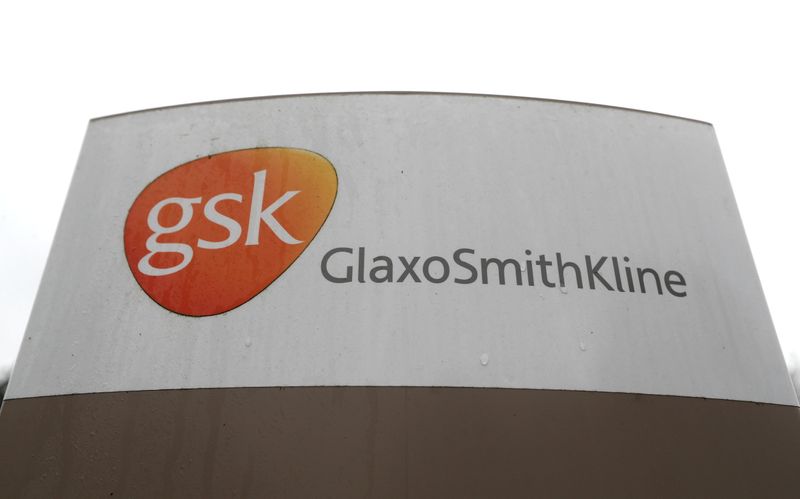By Reuters Staff
(Reuters) – The European Medicines Agency said on Thursday it is reviewing available data on the use of GlaxoSmithKline’s monoclonal antibody to treat COVID-19 patients.
The agency said its review of VIR-7831, which GSK is developing with Vir Biotechnology Inc, will include data from a study comparing its effect with that of a placebo in patients with mild to moderate COVID-19 who were at high risk of progressing to a more severe condition.
While a more comprehensive rolling review is expected to start at a later time, the agency said the current review will provide European Union-wide recommendations for national authorities who may take decisions on early use of the medicine.
The companies reported in March that VIR-7831 reduced the risk of hospitalisation and deaths among patients by 85%, based on interim data from a study.
VIR-7831 has not been granted a marketing authorisation anywhere in the world. The companies said in a statement on Thursday they planned to submit a full marketing authorisation application to the EMA, and talks with global regulators were on to make VIR-7831 available to patients with COVID-19.
In late March, the companies filed an application to U.S. regulators for emergency use authorization of VIR-7831 to treat early-stage COVID-19 infections.
The United States has already recommended similar therapies from Eli Lilly and Co and Regeneron Pharmaceuticals Inc.
European health regulators are reviewing treatments from this class of medicines called monoclonal antibodies, which are synthetically manufactured copies of the human body’s natural infection-fighting proteins and are already being used to treat some types of cancers.
GSK and Vir announced a partnership in 2020 to research COVID-19 treatments, and earlier this year said they will expand that partnership to develop monoclonal antibody treatments for influenza and other respiratory illnesses.



















